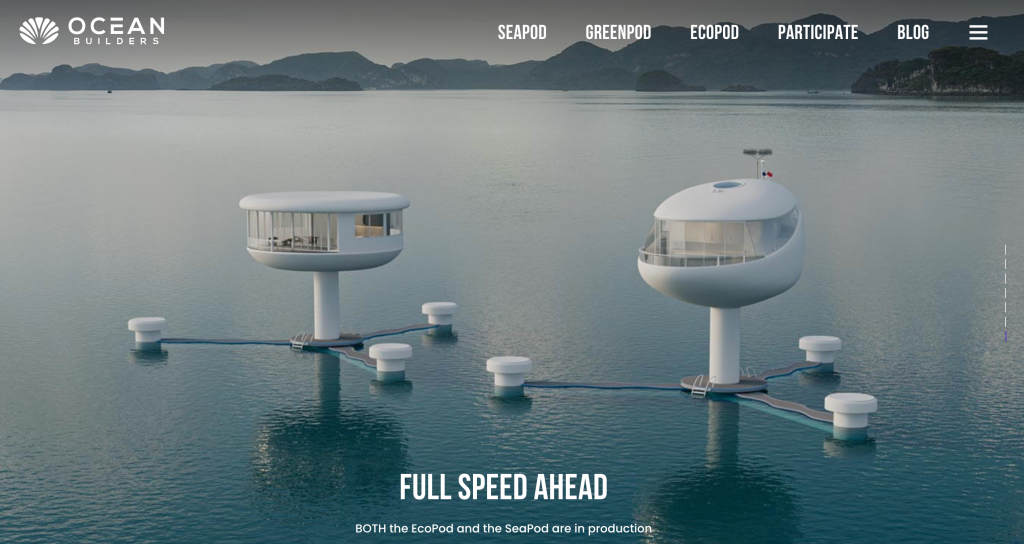On Wednesday, August 18th, I attended the Teaching Apprenticeship conference at Blekinge University of Technology. The conference was held in a hybrid format, meaning that we could attend sessions both in person and remotely. The conference was informative, and I came away with a greater understanding of how to further improve my teaching.
The theme for this year’s conference was active academic teaching for pedagogical development. The goal of this theme is to increase awareness of educational quality and learning in higher education among educators, educational developers, librarians, and other people with an interest in the subject.
I really enjoyed the keynote given by Klara Bolander Laksov and Max Scheja, both professors of higher education pedagogy. They discussed the dimensions of academic teachership, the role of pedagogical leadership, and provided examples of what can be done at various levels of academic teachership. I also enjoyed learning more about blended learning from a theoretical perspective. New methods of learning—and new technology to support them—are necessary for students who will be entering the workforce in just a few short years.
A primary objective of higher education is to provide students with the ability to think independently and critically. The ability to use knowledge and skills with judgment, as well as demonstrate higher-level thinking skills, is essential in many academic disciplines. As teachers of students across Sweden and around the world, we must be willing to change our teaching styles and adapt to new methods and technologies to aid in fostering critical thinking in our students.

